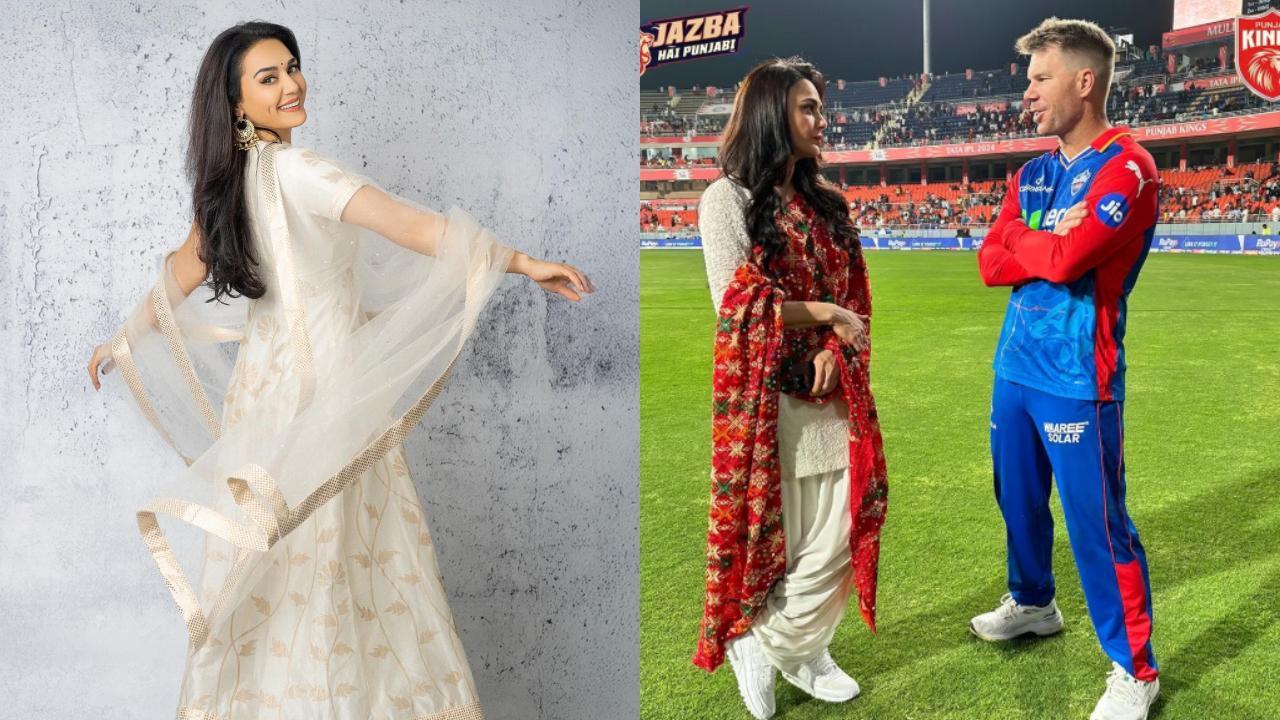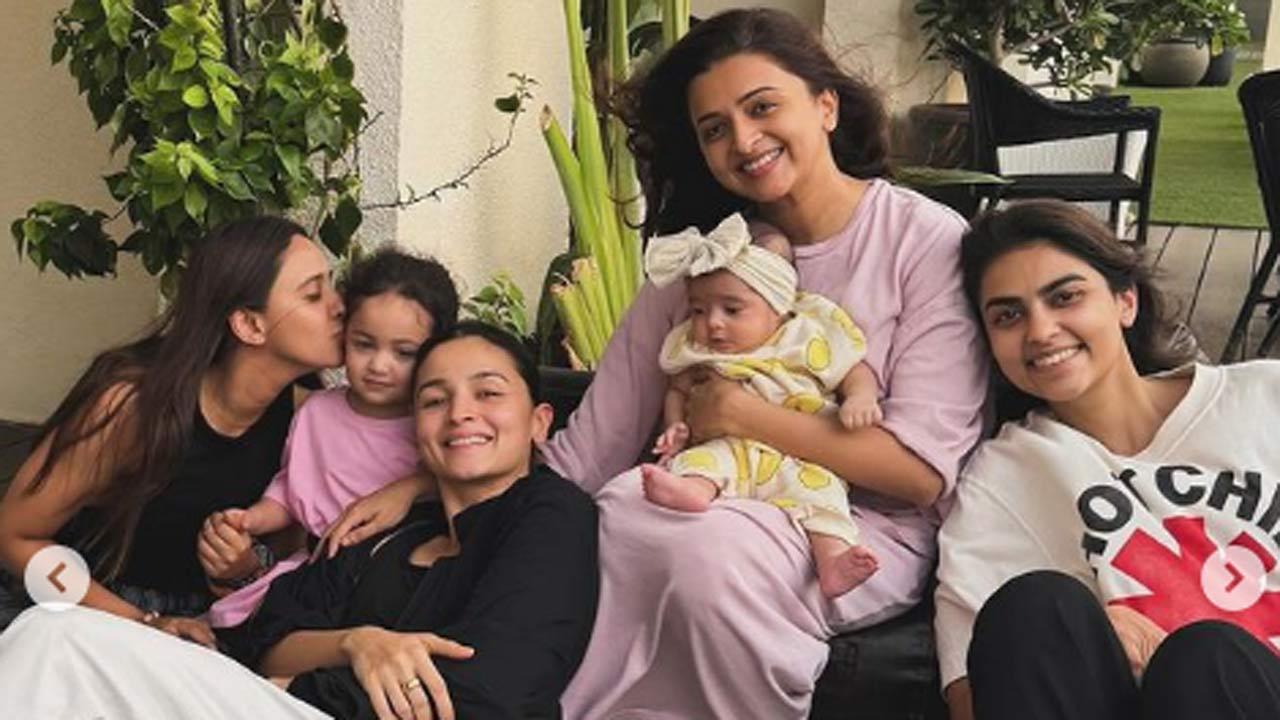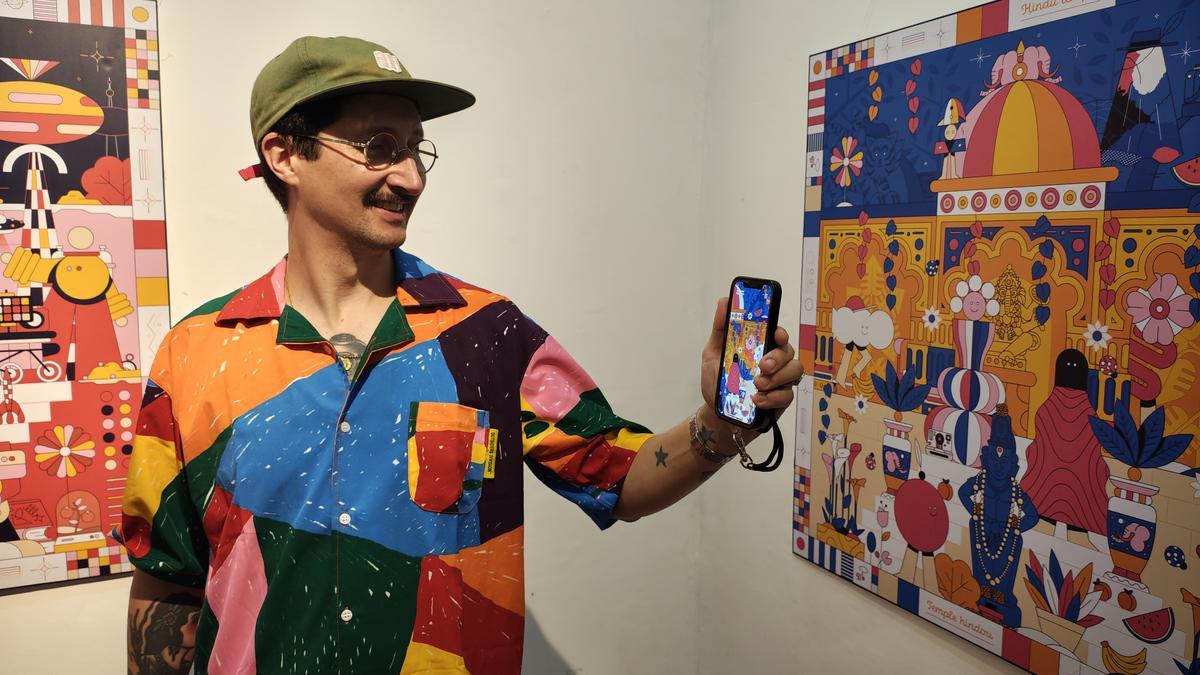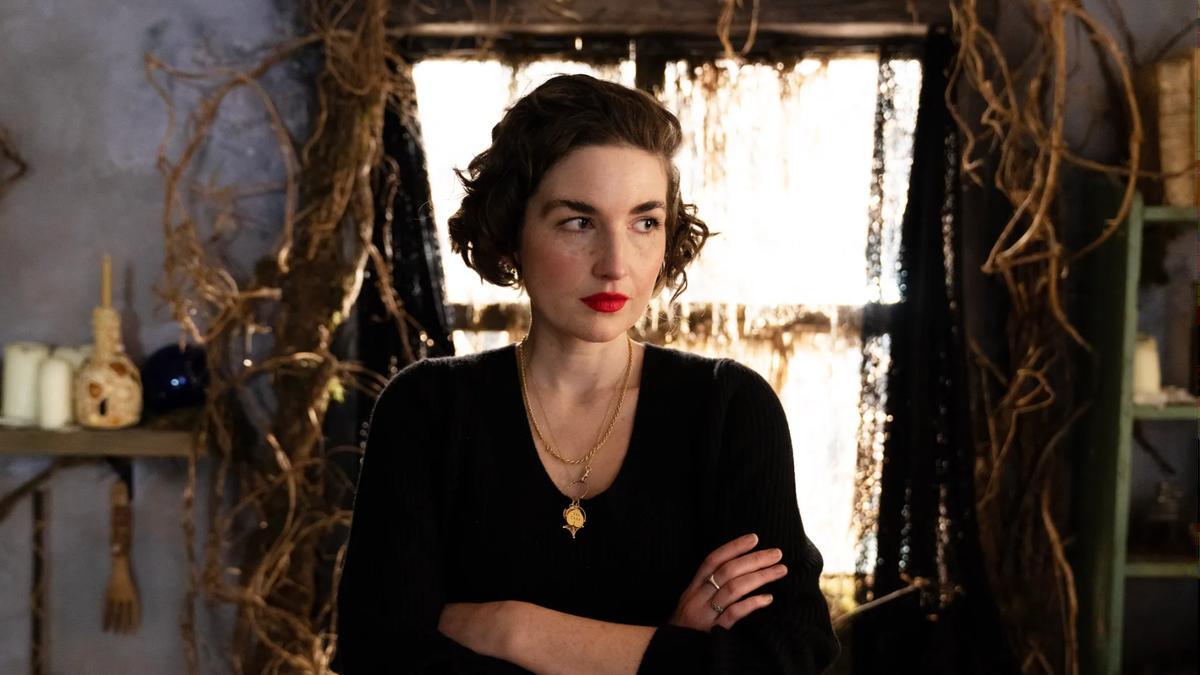
Netflix’s latest web series, “IC 814: The Kandahar Hijack,” flew into a patch of turbulence early this week when several social media users expressed outrage over the names of the four hijackers in the critically acclaimed series. Responding to the growing outrage, the Information & Broadcasting Ministry has summoned Monika Shergill, the content chief of the over-the-top (OTT) platform, to address these concerns. In a related development, a public interest litigation (PIL) has been filed before the Delhi High Court by Vishnu Gupta, the president of the Hindu Sena outfit. The plea alleges that the series distorts the religious identities of the hijackers by naming two of them Bhola and Shankar, and it seeks the revocation of the certification of the series.
Directed by Anubhav Sinha, the six-episode series dramatizes the hijacking of Indian Airlines Flight IC-814 on December 24, 1999. Moments after takeoff from Kathmandu en route to Delhi, the Airbus 300 was commandeered and diverted to multiple locations including Amritsar, Lahore, Dubai, and ultimately Kandahar in Afghanistan, which at that time was under Taliban control. The hijacking ordeal stretched over six harrowing days of intense negotiations, resulting in the Atal Bihari Vajpayee-led NDA government agreeing to release three dreaded terrorists—Masood Azhar, Omar Saeed Sheikh, and Mushtaq Ahmad Zargar—in exchange for the safety of the passengers and crew on board.
The series draws significant portions of its narrative from “Flight To Fear,” a first-hand account of the events written by Captain Devi Sharan, the plane’s pilot, alongside journalist Srinjoy Chowdhury. Though presented as a work of fiction set against the backdrop of real-life events, it has nonetheless ignited a firestorm of controversy over its depiction of the hijackers.
The friction over the hijackers’ names arises from creative liberties taken by the series’ makers. They chose not to explicitly clarify that the terrorists used codenames during the hijack—a fact that some argue is implicit and apparent from the context of the historical events. Various journalistic accounts of the period confirm that the hijackers did use aliases. Notably, a press release from the Union Home Ministry, issued on January 6, 2000, disclosed the names of the hijackers as Ibrahim Athar, Shahid Akhtar Sayeed, Sunny Ahmed Qazi, Mistri Zahoor Ibrahim, and Shakir.
. This press release confirmed the aliases: “To the passengers of the hijacked plane, these hijackers came to be known respectively as (1) Chief, (2) Doctor, (3) Burger, (4) Bhola, and (5) Shankar, the names by which the hijackers invariably addressed one another.”
The series’ depiction has irked several viewers and political figures, who worry about the potential future misinterpretations that could arise as the details of the hijacking fade from collective memory. BJP leader Amit Malviya took to social media platform X to voice his concern: “The hijackers of IC-814 were dreaded terrorists, who acquired aliases to hide their Muslim identities. Filmmaker Anubhav Sinha legitimized their criminal intent by furthering their non-Muslim names. Result? Decades later, people will think Hindus hijacked IC-814.”
Though the series doesn’t explicitly spell out that Bhola and Shankar are codenames, it does unmask Chief when negotiation efforts appear to be stalling. Journalist Neelesh Misra, who also authored a book on the subject, posted on X, revealing that Chief was the brother of Masood Azhar. Within the narrative framework of the series, Bhola and Shankar are minor players, and their codenames are mentioned only once across the six episodes.
The creators of “IC 814: The Kandahar Hijack” have yet to release an official statement addressing the controversy. However, the situation underscores the broader, ongoing dialogue about creative freedom versus historical accuracy in dramatizations based on real events. For now, the series remains available for viewing on Netflix, but it has attracted heightened scrutiny and sparked a renewed examination of how sensitive historical events and figures are portrayed in popular media.
Indian cinema and Hindi television dramas often find themselves at the intersection of art and history, and “IC 814: The Kandahar Hijack” has yet again spotlighted the complexity of balancing these two worlds. As the debate continues, it remains to be seen how this will impact future projects that seek to tread the fine line between creative interpretation and factual representation.










